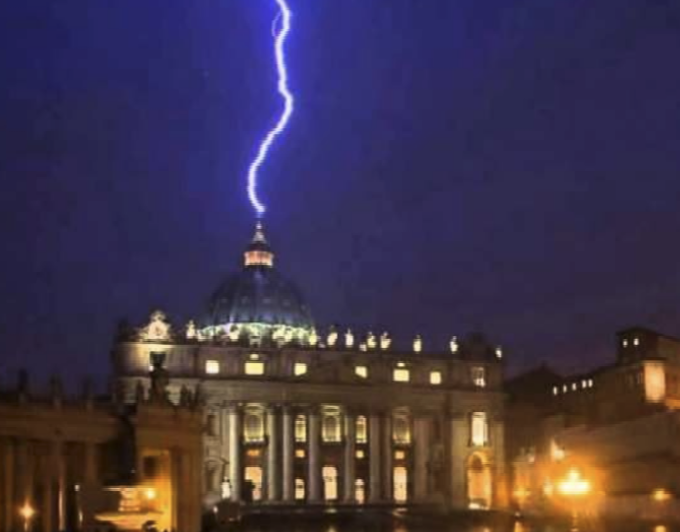In 2021, the Fellowship For Performing Arts in New York City — which produces “theatre and film from a Christian worldview” — released an ambitious movie with a title that made no attempt to hide its religious content.
To no one’s surprise, “The Most Reluctant Convert: The Untold Story of C.S. Lewis” was popular with the vast audience that reads and supports the work of the Oxford don who was one of the 20th Century’s most influential Christian apologists.
However, FTA founder Max McLean — who played the older Lewis in the film — also received support from a source that many would consider surprising. Here’s a key quote:
“God knows we need more intriguing, faith-oriented films like this. Noble is the right word; I would also add courageous and powerful. Thank you for all you do and bravo! You are a true artist.”
The email came from Hollywood legend Norman Lear and his wife, Lyn.
Lear’s death at age 101 has received waves of mainstream news coverage, all of it deserved. The question, explored in this week’s “Crossroads” podcast (CLICK HERE to tune that in), was whether this coverage explored Lear’s complex relationship with the role that religion plays in American life and culture.
Lear considered himself a cultural Jew with no ties to the practice of a traditional religious faith. In response to the rise of the Religious Right, he also founded People for the American Way — a liberal think tank and advocacy group on church-state issues.
However, in the final decades of his long life and career, Lear wrestled with the powerful role that religion played in mainstream American life and was intrigued with the fact that faith issues and stories seemed to be anathema to the powers that be in mass media.
In other words, Lear was an unbeliever who was both appalled and intrigued with people of faith and he wrestled with why liberal forms of faith seemed to have little appeal with ordinary Americans. These tensions could be seen in one of his final, failed attempt at a new sit-com, the six episodes of “Sunday Dinner.” Hold that thought.
This matters, in large part, because the legend of Norman Lear is based on the valid praise he received for dragging real-life issues into American entertainment, especially with his trailblazing TV comedies.










